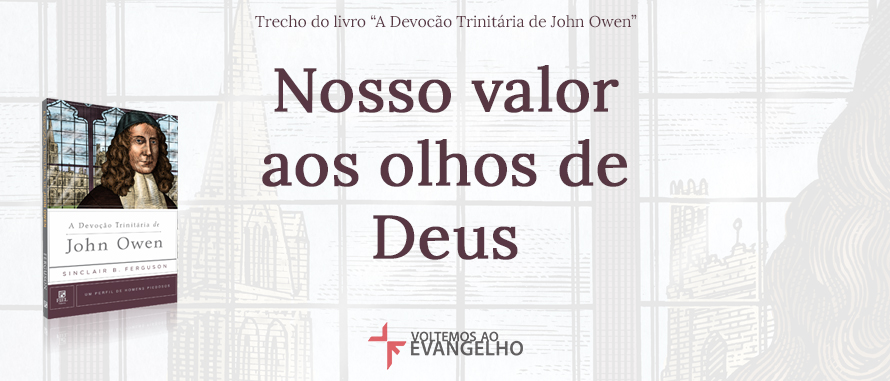Do we live in a time when he? Clean value and self-image have become a priority. Governments and institutions are investing large amounts of capital and human resources to address the “problem. “The fact that the results are inverse proportion to the investment should not surprise Bible-educated Christians.
Tell the youth that they are important?” They can be whatever they want; Are you the future leaders of our nation?It is clearly rhetorical to foster a sense of self-esteem. The first statement is false. For example, under normal circumstances,” only one person can reach the presidency every four years. In addition, there is a barrier for children under 35 years of age. During the average life, up to eleven of our contemporaries will be able to access this feature. The second statement inevitably leads to the disappointment of many people. Because if they are all leaders of the nation, who will follow them?Needless to say, Christian parents can swallow the same secular mythology and assure their children that they (parents) prepare them for leadership. us anywhere to do this. In fact, he teaches the opposite: we do not train our children in leadership, but in service. If leadership (an almost unknown term in the New Testament) [1] continues, very well and well.
- So this modern self-esteem mythology of some lay psychologists and educators – that we are all waiting princes and princesses and presidents – is doomed to fail.
However, precisely in this area, we find Owen, this colossus of 17th-century theology, amid long paragraphs of Latinized phrases, which tells us the Gospel’s response to a contemporary epidemic. us, not the values of our self-assessment. It is what he has done (and who he is) that gives real value and creates a sense of merit in us. For us, Christ was ready to become flesh; for us, he stripped himself and took human nature for himself; for us, he became poor; for us he wanted to see his glory overshadowed, for us he became a servant, drank from the cup of divine judgment, and carried the curse of God:
1) Everything he ceased to have, all that he did, all that he suffered, all that he does today as a mediator; He left everything, he did, he suffered it, for his love and esteem for the believers. He left his greatest glory, subjected to the deepest misery, did he do the greatest works that could exist, because he loves his wife?because he values believers, what else, what better to say?How badly we understand the depth of what is said!How incapable we are of searching for their mysterious corners! He loves and values his saints so much that from all eternity he has guaranteed us to take us to God. He rejoices in his soul as he thinks about it, and pursues his designs from heaven to hell, of life and death, of suffering and of action, with mercy and with power; and keep doing it until it takes us to perfection. For 2) Thus he values them, to the point of not losing one of his peoples for eternity, even if the whole world tries to take them out of his hands. [2]
Here we discover an assessment of who we are made by Christ, calculated to dissolve all self-esteem and prevent us from taking pride. The way Christ gives us courage has all the marks of divine genius. We look forward to our privileges; He receives all the glory. We become children of royalty through their gift and gift, and so any self-assessment, good or bad, dissolves into their supreme valuation. In return, isn’t there another one I like on earth?[3] We value it above all, and we regard everything else as a loss in comparison [4]: “Christ and a dungeon, Christ and a cross, is infinitely sweeter than a crown, a scepter without it, for your souls?Is contempt for all things because of Christ the first gospel lesson?[5]
Christ has given everything for us; but it will never cease to be ours. As a husband, he takes care of us, his wife, like his own flesh. More than that, he is a loving father, who, although he loves all children equally, will have more pain, and give more of his presence to the one who is sick and weak, although that is why this child is the most heinous and the most difficult to treat. [6]
Our response By re-applying the metaphor of marriage, Owen describes it as “the chastity of the saint”. In a disciplined way, we refuse to allow anything, whether in our appreciation or affection, to take the place of what belongs only to Christ. . We become sensitive to his Spirit who dwells in us and love him to the point of not saddening him. We live our lives on a path of worship and communion. We receive Christ for free. In the pleasure we feel in Him, giving ourselves freely, unreservedly, with ineffable joy, to Christ, is true communion.
[1] The predominant language in the New Testament is to be servants and serve.
[2] Works 2: 139. Original italic
[3] Psalm 73. 25.
[4] Philippians 3. 8.
[5] Works 2: 137
[6] Works 2: 141.
[dt_call_to_action content_size?normal?text_align?left?background?fantasy?line?true?style?2?animation?
This article is an excerpt from John Owen’s book “A Devocon Trinitia”, published by Editora Fiel.

